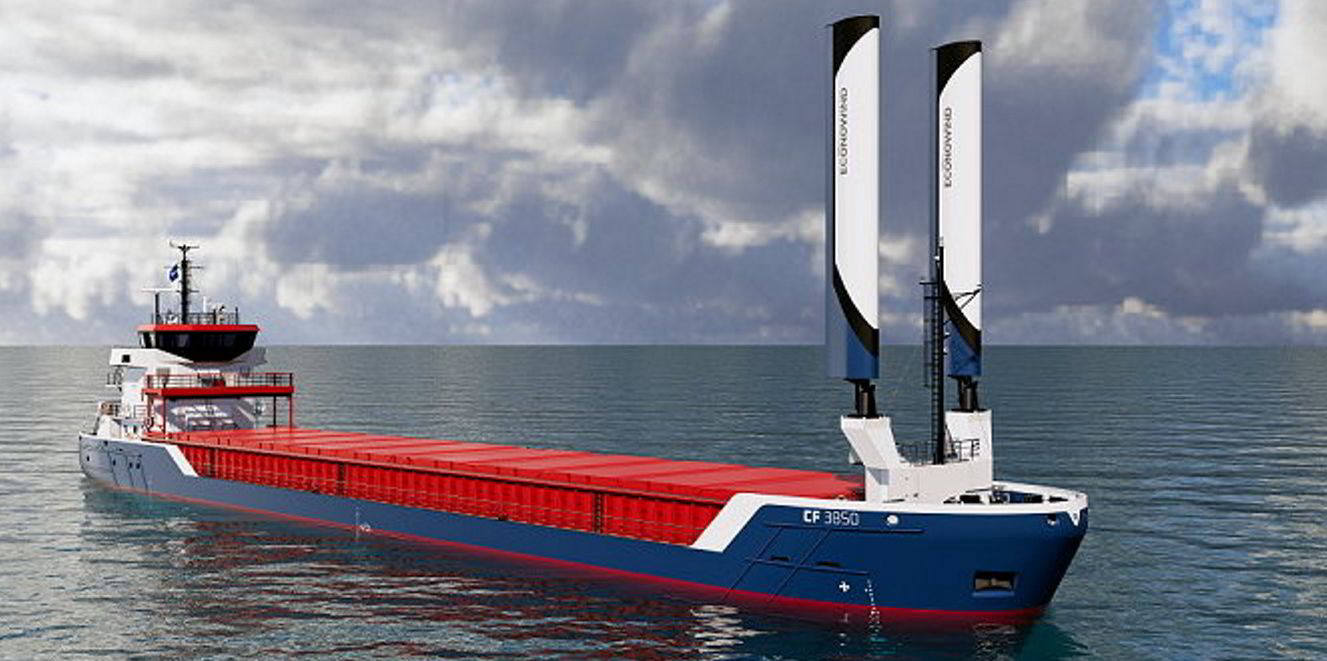Major investors in the UK are considering reducing their exposure to the maritime sector because of risks from environmental and other practices, according to a new study.
A survey of 100 capital market leaders highlighted concerns that working conditions on ships, shortages of clean fuels and potential technology blackouts could lead to legal or reputational damage that would affect investments.
The financiers had more concerns about environmental, social and governance issues in the maritime sector than with other industries, according to the study carried out by consultancy Woodrow Sustainability.
It found 64% of senior finance professionals “are considering divesting from or reducing exposure to the maritime sector due to ESG risks”, the report said.
Merchant shipping and technology companies were seen as the most exposed to such risks within the maritime sector.
The findings were based on a survey of senior officials from companies in the UK capital market with direct exposure to maritime risks. They included players from investment banks, private equity funds and multilateral institutions.
The survey, carried out in September, found that 56% of those who responded believed that maritime was less transparent about ESG issues than other sectors.
The report was published on Thursday as the industry needs huge investments to secure the industry goal of reaching net zero emissions by 2050.
Financial challenges
The cost to decarbonise ships alone is estimated at between $8bn and $28bn every year to 2050, according to class society DNV.
A further $28bn to $90bn a year is needed to create the global infrastructure for carbon-neutral fuels, according to the annual review of maritime transport published by the UN Conference on Trade and Development.
Henry Kirby, head of Woodrow’s sustainability practice, said: “Maritime companies must improve their disclosure and be more forthright in engaging stakeholders, while investors and lenders should apply a more discerning lens when evaluating maritime risks and opportunities.”
Read more
- MAN Energy Solutions and others seek new technology solutions in battle with methane slip
- In pictures: TradeWinds forum in Tokyo tackles pathway to net zero
- Carbon emissions trading has arrived but at what cost?
- Want to start trading EU carbon credits now? Watch out for the bureaucratic logjam
- Carbon markets in focus: Unpacking the future cost of carbon trading





